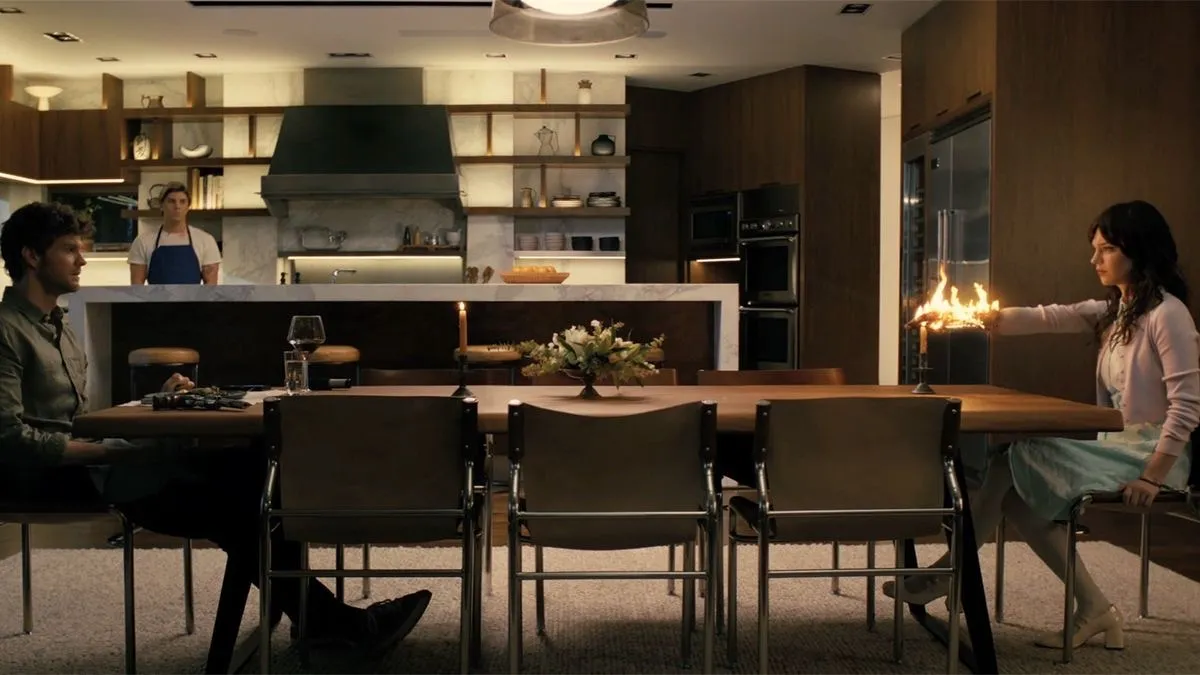Companion and the Terror We Manufacture

There is a moment in Companion when the boundary between human and machine frays, not because the machine rises against us, but because we, in our infinite capacity for cruelty and negligence, shape it into a vessel of our own darkest instincts.
Companion does not ask us to fear technology itself. It does not point a trembling finger at the robot as the inevitable harbinger of doom. Instead, it holds up a mirror — and it is humanity’s reflection that twists and snarls back at us.
What is terrifying is not the smooth, synthetic skin of the machine, but the way we lean into it without hesitation. We reach for it with unthinking hunger, folding it into our loneliness, our rage, our emptiness, until it becomes less an independent thing and more an extension of our worst selves.
There is a particular horror in how easily we surrender, how little resistance we offer to the siren call of convenience and control. We have always been the architects of our own ruin, but in Companion, it is laid bare with brutal, almost clinical precision: we do not fear what machines might do to us — we should fear what we are willing to do to them. And in doing so, what we are willing to become.
Companion is a warning, not of an uprising, but of a slow, willing degradation. It is not the machine that needs a soul to become monstrous. It is enough that we possess one and choose to use it carelessly.